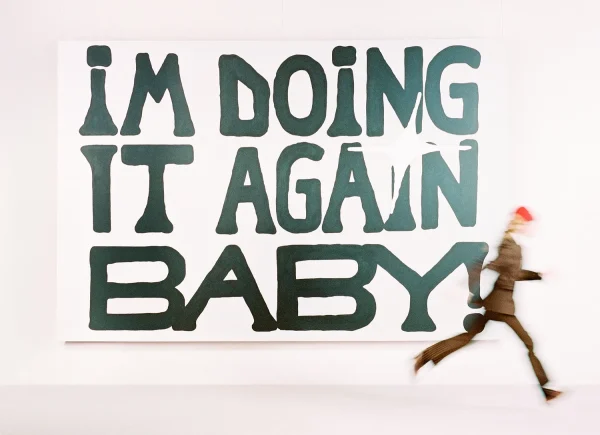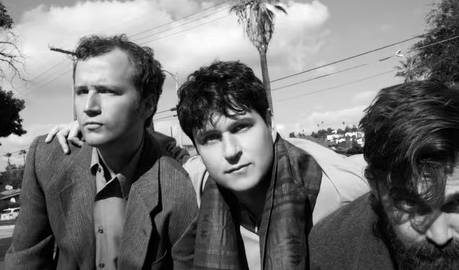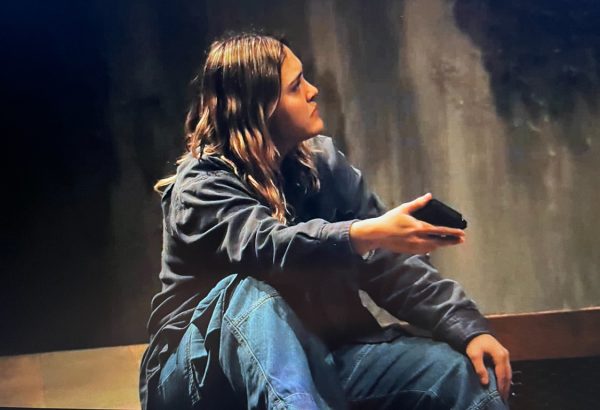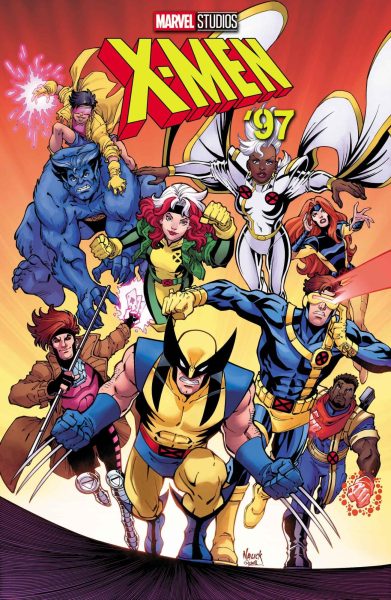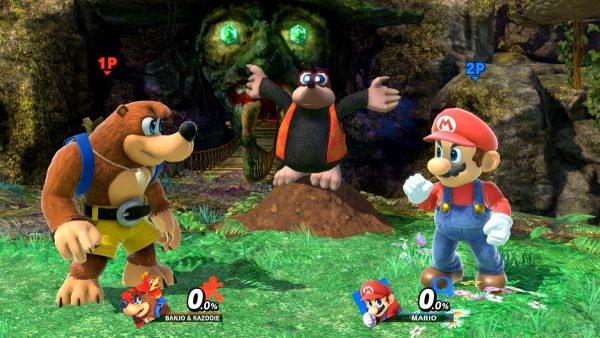Pro-activity is needed to see a better future
Election Day is upon us. Less than 144 hours separate us from one of the most important days of the year. Yet, as I talk to many of my peers around campus, it seems that there is a sense of resignation regarding the election. “Why bother voting? Both candidates stink,” is the sentiment I have heard quite often.
Though I am not altogether unsympathetic toward their plight (have you watched the news recently?), staying home next Tuesday is not an option. One of the major reasons we face such an atrocious choice is precisely because of this sentiment.
There are three camps people tend to fall in with regard to government: they are either inactive, reactive or proactive.
Edmund Burke once remarked that “The only thing necessary for the triumph of evil is for good men to do nothing.” The inactive camp often allows evil to triumph by standing pat.
Unfortunately, we have a tendency to become complacent and simply be political bystanders, watching from the comfort of our armchairs.
However, just because we stay informed on the latest developments of the FBI investigation doesn’t mean we are involved. Being informed is good, but it is a poor substitute for purposeful, intentional action.
If the first camp heard the news, but took no action, the second crowd hears, but takes action only at the eleventh hour. The reactive camp goes a step beyond their inactive counterparts, writing letters to editors and legislators, voting in the primaries, and protesting for worthy causes when they start to feel pressure.
These actions are laudable and ought to be practiced by every citizen; the problem with this camp is not in what they do, but when they do it. This is solely a defensive camp. In order to take ground, you must go on the offense. The best defense in the war of ideas is a solid, proactive offense — just ask Michigan State University about that.
The final camp is different from the rest because they are the ones initiating and driving change. The proactive camp doesn’t wait for shoddy laws to be proposed to muster for action; they are the ones lobbying for quality laws.
Those who are proactive do protest against onerous rulings and regulations, but they do more than tear down repulsive candidates. They find outstanding replacements.
This summer, I had the chance to be proactive — a friend invited me to go door-knocking for a great, down-to-earth guy who was running for the state legislature. I kept putting it off every week, telling myself I’d do it next week.
Four days out from the primaries, I realized that I needed to get involved. I door-knocked for a day and stood for my man at the polls. The results were staggering.
The race was decided by less than 20 votes. In other words, if 10 people had changed their minds, the vote would have had a different outcome. In phone banking for one hour, you easily talk reach out to 10 people. One volunteer was literally the difference in this race.
With less than a week to go before the elections, it isn’t likely that one college student can impact the outcome of the presidential election. However, instead of being passive observers fed up with the candidates or reactive letter-writers, we as youth can be a force for good in our communities.
There are dozens of significant, local races that are neck-in-neck. If we harness our potential, an hour volunteering at the polls here, an afternoon calling uncertain voters there can make a difference in a race where only 15,000 people vote.
The question for you, the reader, is: What camp will you be found in during the days leading up to Nov. 8?


